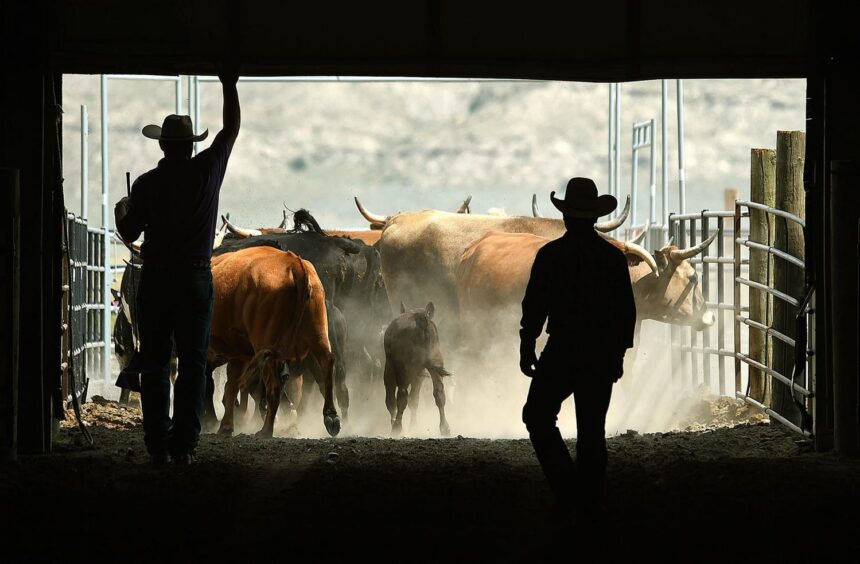When it comes to farm policies and politics, the issue of country of origin labeling has always been controversial. The labeling of beef as “raised in the USA” has been popular among ranchers and consumers alike.
The labeling, known as “COOL,” was first proposed by U.S. Senator Jon Tester of Montana in 2007 and has been both a PR success and a point of contention. Meatpackers have opposed the labeling, arguing that there is no significant difference between American and foreign beef.
Congress passed legislation to make COOL mandatory in 2009, but it was later repealed due to complaints from Canada and Mexico to the World Trade Organization. The WTO allowed the two countries to impose tariffs on U.S. products in retaliation for the labeling.
Despite the threat of tariffs from Canada and Mexico, COOL has made a comeback due to vacancies on the WTO Appellate Court. Bill Bullard, CEO of R-CALF USA, explained the situation.
People are also reading…
In a recent interview, Bullard mentioned the unfilled vacancies on the appellate board since 2019, as the U.S. has blocked new appointees. Both Presidents Biden and Trump have played a role in this situation. R-CALF USA, the Ranchers-Cattlemen Action Legal Fund, United Stockgrowers of America, has been advocating for COOL.
While the appellate board appointments remain in limbo, the USDA has finalized its rules for voluntary labeling of “Product of USA” and “Made in USA” starting in 2026. This decision aims to address the WTO dispute raised by Canada and Mexico regarding COOL.
The USDA has also committed to purchasing U.S.-raised beef for its school lunch program. This move is seen as a step towards transparency and consumer trust in food labeling.
The issue of beef for school lunches has been a concern, with lower quality imported beef often being used. The new labeling regulations aim to ensure that beef for schools is sourced and processed in the USA.
The Montana Farmers Union has been labeling the beef it processes in Columbia Falls with a Montana origin label.
A new bill has been introduced by Senators Tester and Thune to create a country of origin labeling system that complies with WTO regulations.
The issue of country of origin labeling, known as “COOL,” has been a point of contention since it was first proposed by Senator Jon Tester in 2007. Meatpackers have opposed the labeling, arguing that there is no significant difference between American and foreign beef.





